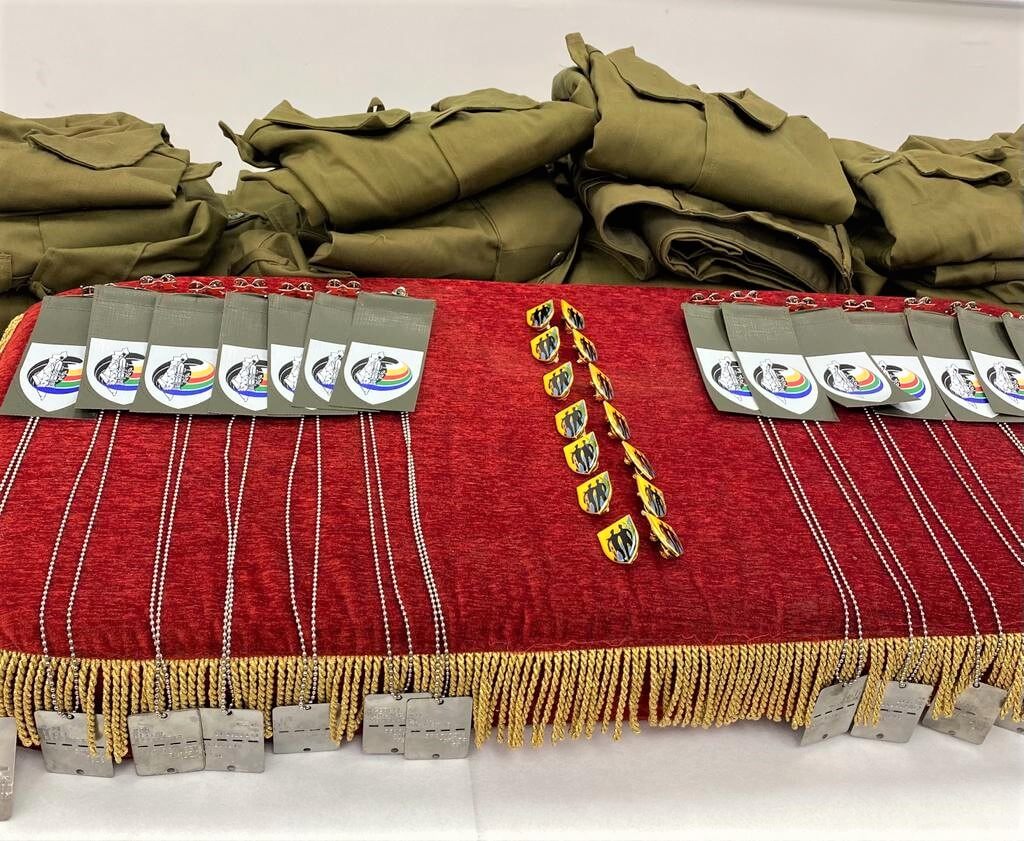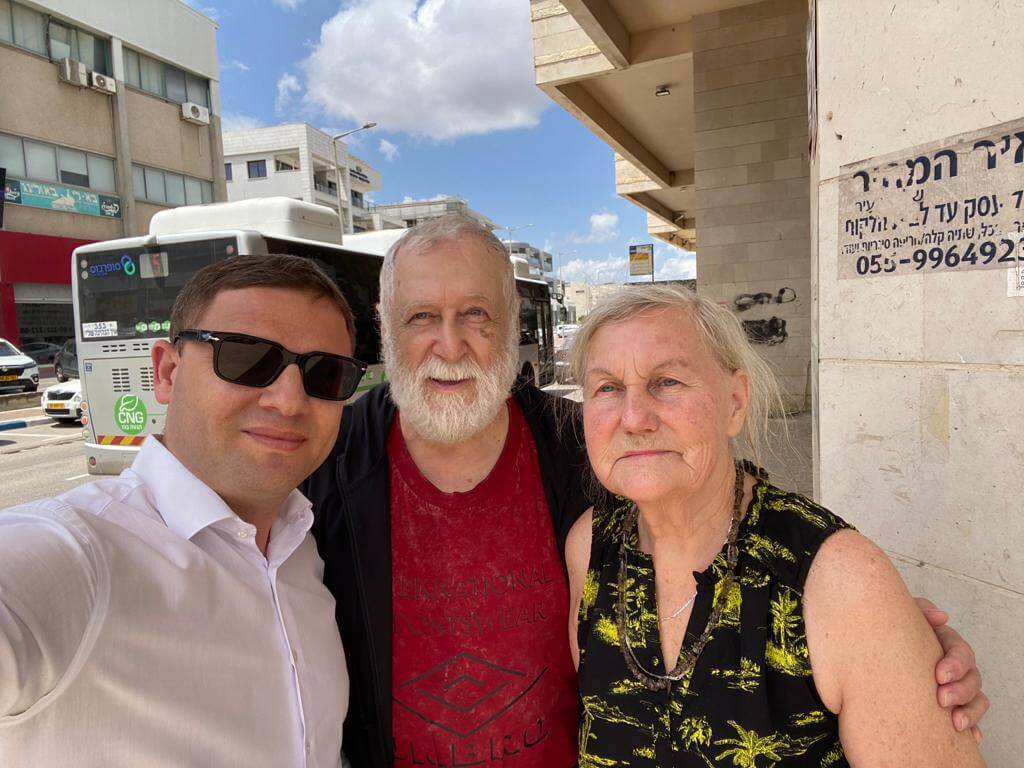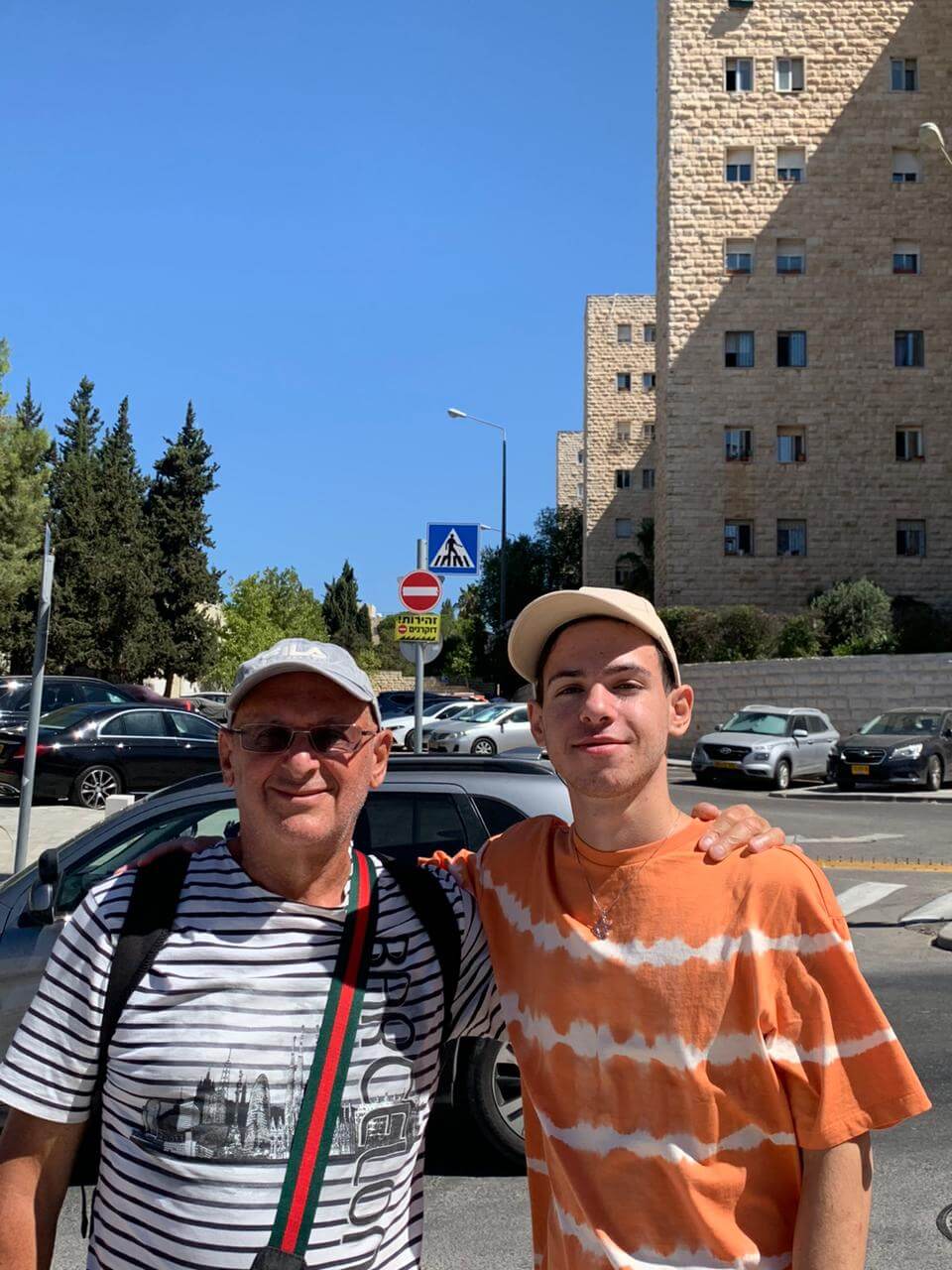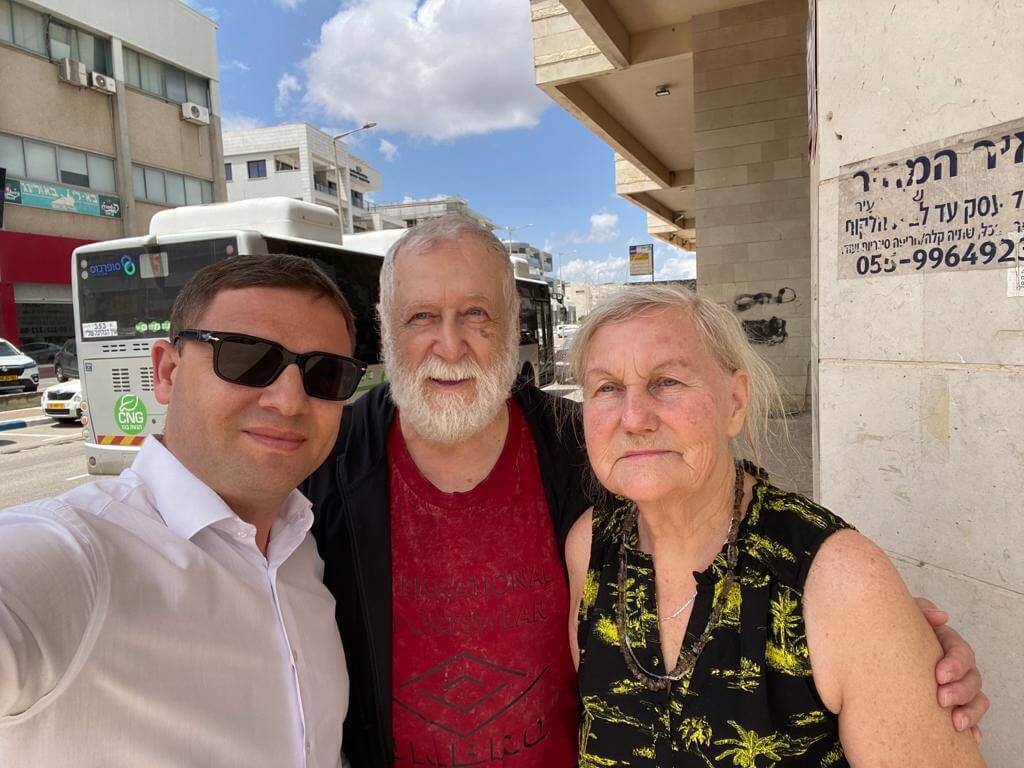An unsuspecting citizen may not live in Israel, but summonses are sent to his registered address. And so an Israeli comes to visit relatives or just to have a good vacation in Israel, and at the airport, he is told that he cannot fly back because he is already expected in the military unit. Read more about the current rules in this article.
The length of service for new repatriates is determined depending on the age of arrival. It is important to note that the age of arrival is not always the date of repatriation; exceptions include, for example, returning citizens who left the country as children with their parents and returned later, and those who were born abroad to Israeli citizens and did not live in the Country.
There are also several clarifications for program participants:
If a new repatriate participated in programs recognized by the Jewish Agency “Sochnut” (for example, MASA) for more than 120 calendar days, and then left the Country for more than a year, then the length of service is calculated from the date of return to Israel. But there are a number of conditions: he can visit the Country for no more than 120 calendar days a year, and at least 60 days must pass from the end of the program to the first visit to Israel.
If a repatriate was in Israel for a year or more, but came to the country through a program not recognized by Sochnut, and after the end of it he left for 2 years or more, then the age of arrival will also be calculated from the moment of his return to Israel. The rules for visiting the Country during this period are similar to those for participants in the Jewish Agency programs.
SERVICE DURATION
IMPORTANT! The table provided here is only valid for repatriates who entered the country at the age of 18 and older. Those who entered the country at the age of 17 and younger will be required to serve 32 months, regardless of marital status (for men).
Explanations to the table:
Married women automatically receive an exemption from service. The marriage must be registered through the Israeli Ministry of Interior. Religious girls can get an exemption from service in the Army. To do this, you need to contact “Meitav” and provide the relevant documents.
Please note that some military specialties require a longer term of service than described in the table. For example, unmarried girls who serve in combat troops will have to serve the full term – 32 months.
RULES AND MYTHS ABOUT CONSCRIPTION INTO THE IDF RANKS
Military issues are far from the simplest, and therefore have grown with many rumors that are actively spread on social networks.
Let’s list the most common ones and provide clarification:
Myth 1. If a citizen by age of arrival is subject to conscription but permanently resides abroad, he is exempt from military obligation. Non-residents do not serve.
No, that’s not true. The fact of living outside Israel does not in itself exempt from conscription. It is possible to arrange a deferment if there are sufficient grounds.
Myth 2. If a citizen studies in another country, he has nothing to worry about while he is studying.
Incorrect statement. The fact of studying outside Israel does not in itself exempt from conscription. It is necessary to obtain a deferment for the duration of the studies. This can be done through the Israeli consulate abroad, online, or in person in Israel.
Myth 3. If a repatriate by age is subject to mandatory conscription, he will be immediately taken into the Army, and not knowing the language is not an obstacle.
Indeed, the language is best learned in an environment of peers, but this is not a reason to immediately send a new citizen to serve. A new repatriate gets the right to a “year of adaptation,” during which he cannot be conscripted. The first summons (tzav rishon) comes after 9 months from the moment of receiving teudat zehut. But if a citizen wants to expedite the conscription, it is possible. You need to contact the military registration office (lishkat giyus).
Myth 4. If a citizen lives in Israel, he cannot first go to study at a university, he must first serve and only then will he be accepted to the university.
That’s not true. A citizen can enroll in a university and will be exempt from conscription until the end of his studies, after arranging a deferment (not automatically). But then the financial conditions for admission to the university will be different. From an economic point of view, it is advantageous to first complete military service. In addition, the experience gained during service can be a determining factor in choosing a future profession.
To clarify the length of service, depending on the age of arrival, you can contact the official email address: lspru@nbn.org.il
Military Registration Office contacts: phone – 1111, email – meitav@idf.gov.il
If you have questions about the rules and possibilities of arranging a deferment, please contact us at azernopolsky@gmail.com






























